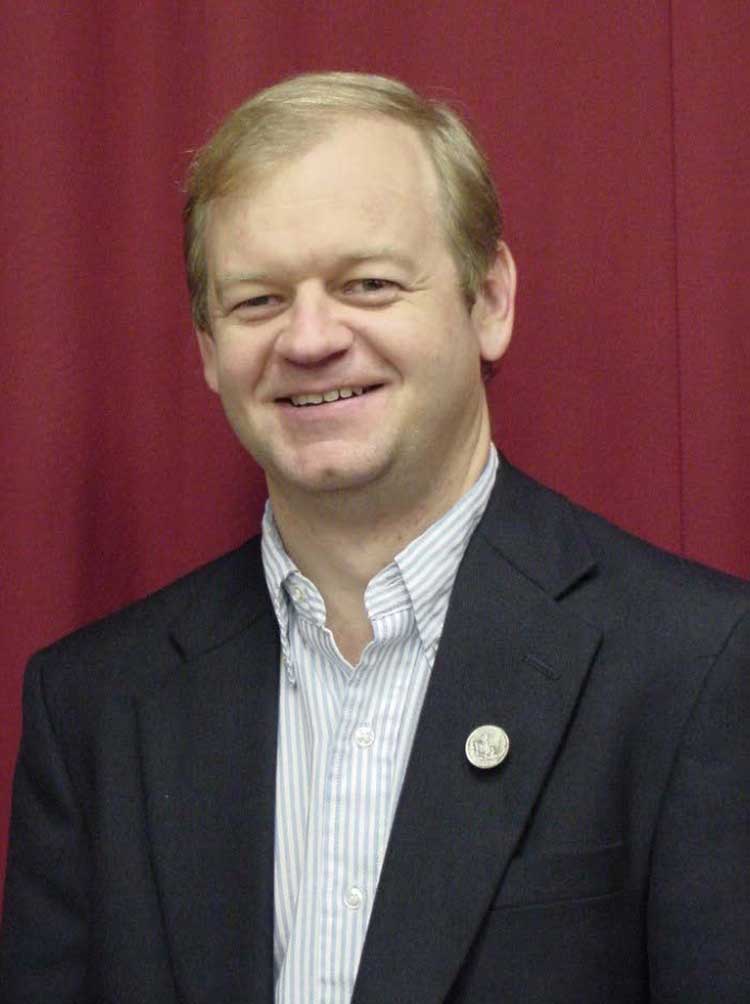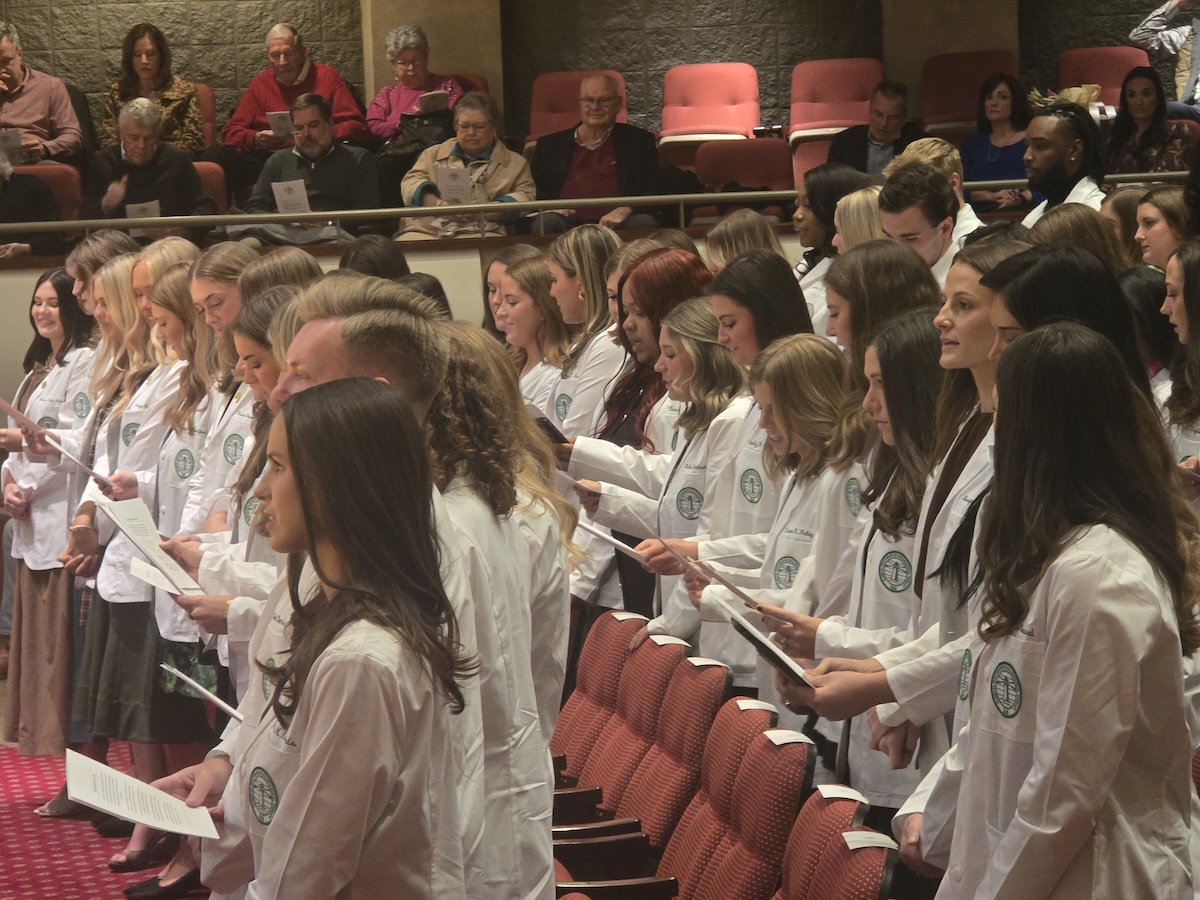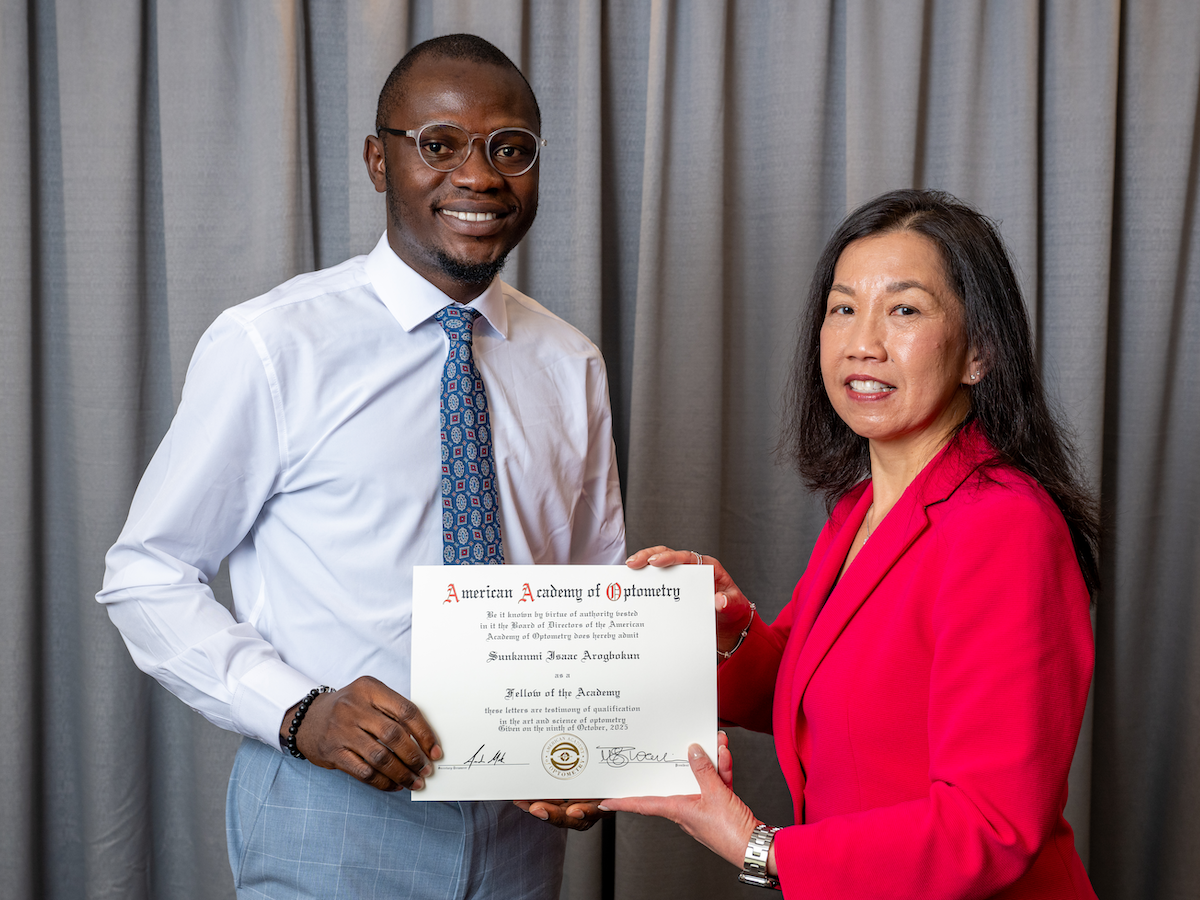 James Tucker recently retired from director of the Alabama Disabilities Advocacy Program (ADAP) which he headed for almost a decade. He worked for ADAP from 1997-2024, and prior to that, he was involved in disability rights litigation with other organizations.
James Tucker recently retired from director of the Alabama Disabilities Advocacy Program (ADAP) which he headed for almost a decade. He worked for ADAP from 1997-2024, and prior to that, he was involved in disability rights litigation with other organizations.
Tucker’s retirement plans include spending time with family, traveling and hiking. He recently corresponded with CEDHARS to share his perspective on disability rights in Alabama and how they have evolved since he began working in the field.
-
What is ADAP?
ADAP is one of the Protection and Advocacy, P&A, organizations established by Congress in 1975. It is one of over 50 other similar organizations located across the country. The services they provide include training, referrals and individualized legal counsel.
-
What five accomplishments are you proudest of from your time with ADAP?
Elevating and supporting the advocacy of people with disabilities. When I left law school in 1986, I had a keen appreciation for the ethical duty to provide zealous representation and respect for clients. The biggest change in my work over time was to emphasize working with people, not just for people, as I learned primarily from the peer advocacy movement.
Working hard to demonstrate integrity in all our work, with all persons, i.e. clients, employees, colleagues and especially state and other officials who may be able to partner for needed change or sometimes become defendants. Credibility is crucial.
Prioritizing the fundamental truth that disability rights are civil rights, not an esoteric advocacy subject unto itself. Civil rights advocacy has a long and rich history in Alabama that is hard won and wholly deserved. It is recognized nationally and internationally. With cases like Wyatt v. Stickney and others, Alabama also has a rich history of disability justice advocacy that needs to be told more fully.
Prioritizing and supporting ADAP’s investigation of abuse and neglect of persons with disabilities, especially by government actors.
A wide variety of important advocacy initiatives addressing, mental health, child welfare and foster care, public education, jails and prisons, juvenile justice, voting, Medicaid and employment, as well as a number of issues that arose during COVID-19.
-
What do you wish you had known 30 years ago?
How better to support people to achieve their goals, whether they are advocates or employees, by listening better to what they want and how they want to do it.
-
How do you think Alabama measures in disability rights compared to other states?
On almost any relevant metric, Alabama ranks low in disability rights in the US, except maybe the degree to which we have supported people with disabilities to move to the community, even if they are not thriving there.
-
What do you think Alabama’s biggest barriers are?
Without a doubt, the biggest barrier to supporting people with disabilities to succeed is the absence of resources. We have good advocates and public servants who have vision and commitment. However, our state has made a political choice to not provide publicly funded services for human services.
There probably is no better example than our public leaders’ continued failure to adopt Medicaid expansion. As just one point of comparison, the public school budget in Montgomery County, Maryland is bigger than the state of Alabama’s general fund.
-
How can UAB students and the general public be involved in disability advocacy?
As with all advocacy, getting involved in disability justice advocacy requires making a choice to prioritize the action. Without that choice, there will be no action. With that choice, a world of possibility opens up.
The American poet James Russell Lowell said it well: “All the beautiful sentiments in the world weigh less than a single lovely action.”
-
How can healthcare providers better advocate for their patients?
All healthcare providers need to do one thing better: listen. By listening first and respecting the wishes of the individual, any action or advocacy will be far better and respectful.
-
What advice do you have for UAB students with disabilities?
First, respect yourself. Every human being is extraordinary. Second, choose to be involved, to act for something greater than yourself. Then, be amazed at what comes.
-
What are your favorite resources for people with disabilities beyond the P&A system, both nationally and within Alabama?
Generally, my favorite resources are self-advocacy and peer supports. Alabama has several for people with disabilities, others for people living in poverty and still others for an increasing variety of advisory and other targeted purposes. ADAP can provide contacts for a wide range of those good resources.
-
Are you able to share what ADAP’s goals are for 2024?
Protection from abuse and neglect, community access, employment, alternative decision making, education and voting.

